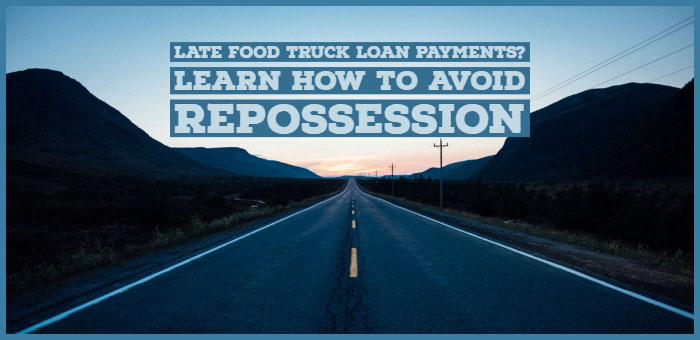Today marks the first day of summer, and this is the first summer of operation for many new food truck owners. People are outside, they’re tracking down your truck, you’re attending and booked for numerous food truck events and your sales a humming along. Awesome! However, is your truck prepared for slow times? Today I want to show new food truck owners some simple tips to help prevent their first summer from being their last.
I find that a lot of first-time food truck owners are simply unprepared for what to expect in their first year, and that leads to their own demise. But if you can survive the first 12 months, you have a decent shot at long-term success.
Preventing Your First Summer From Becoming Your Last
After working with numerous new food truck owners, here are some of the things I have learned to set your new food truck up for success:
Build cash reserves
The first and maybe the most import way to make it beyond your first summer is to build up cash reserves. Building cash reserves allows you to plan for future growth in your food truck empire and have the capital necessary to launch those plans when the time is right. Having a source of back-up income can also carry your food truck through the slow times of the year. This is especially important for food trucks that operate in regions of the country with severe weather.
RELATED: Building Cash Reserves For Your Food Truck Business
Create a business plan
When you opened a food truck without investors or a bank loan, it’s may be tempting to skip the business plan process. However, the process of writing out your plans is a great way to develop your vision. This vision should include…
- What customer pain points are you trying to solve?
- Whose lives are you trying to improve?
- What’s your realistic timeframe for sales, and profitability?
You don’t need a fifty page business plan, but it should be detailed enough to determine if you have a good target market and business model.
RELATED: Writing A Food Truck Business Plan
Keep your expenses low
New food trucks typically fail because they run out of money, so it makes sense to keep your costs as low as possible until you’ve reached your second and third years in business. Hire people you need, and use temp employees for the rest. If you don’t actually need the space, forgo an office for as long as possible. And, in general, spend money on the things you need, not the things you think your food truck should have.
Reinvest back in the business
When moving from a salaried job to food truck owner, it’s hard to give up the stability of a paycheck. But the first money you make should be reinvested back into the truck, and marketing. In many cases, owners are the last ones to be paid during the first year.
Focus on the customer
Your goal should never be to create an awesome food truck business; it’s to help your customer. Be very aware of your customer’s needs and adapt your menu and service based on their feedback. When you build something that people actually need and want, sales will follow.
RELATED: Customer Service: Show Customers Your Food Truck Cares
The Bottom Line
When you start a food truck business it’s very important that you make a commitment to yourself that you are going to stay in business for at least 5 years. The vast majority of businesses that fail do so within the first two to three years. But making beyond your first summer in business is the hardest, especially for someone who is brand new to owning a business, has no experience managing staff or dealing with accounting or bookkeeping. When you set out to build your food truck businesses commit to making it through five years.
Is this your first summer as a food truck owner? Are you prepared to make it to next year? Share your thoughts on this topic in the comment section or social media. Facebook | Twitter




